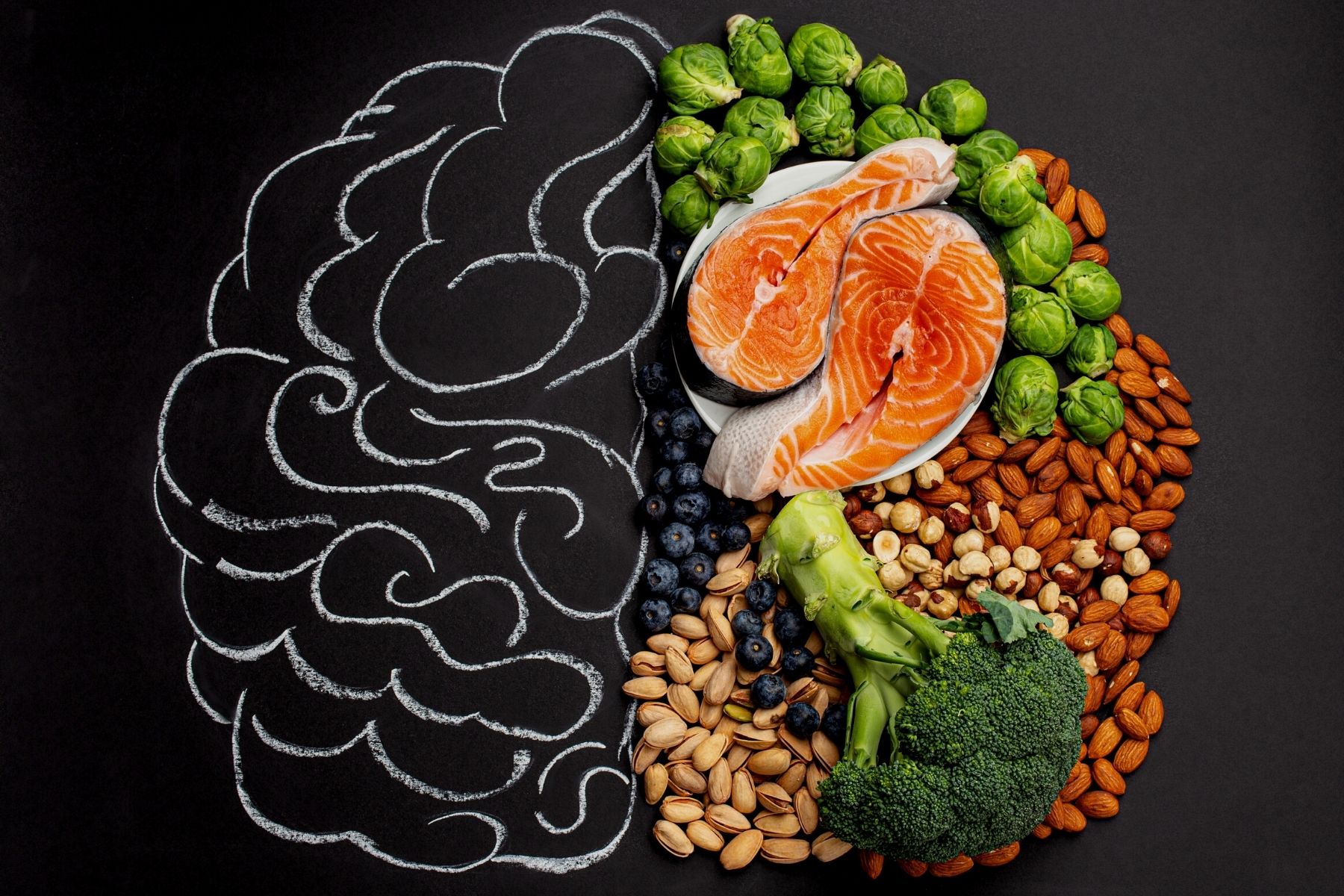
The connection between our diet and physical health is well-established, but did you know that what we eat can also have a significant impact on our mental and emotional wellbeing? A growing body of research suggests that the food we consume can affect our brain chemistry, mood, and overall mental health.
One crucial aspect to consider is the impact of nutrients on brain function. The human brain requires various essential vitamins and minerals, such as B vitamins, omega-3 fatty acids, magnesium, and zinc, to function correctly. When we lack these nutrients, our mood, memory, attention span, and cognitive performance can suffer. For instance, studies have found that B vitamins can reduce symptoms of depression and anxiety by regulating neurotransmitters’ production, while omega-3s have been linked to better cognitive function and lower risk of dementia.

Furthermore, our gut health also plays a crucial role in our mental health. The gut is often called our “second brain” because it has its nervous system and produces neurotransmitters like serotonin, a hormone that regulates mood and appetite. What we eat can influence our gut microbiome, the diverse community of bacteria that reside in our intestines, and affect our mental health. For instance, a diet high in processed foods, sugar, and fat can cause inflammation and disrupt the gut microbiome, leading to an increased risk of anxiety, depression, and other mental health issues.
On the other hand, a diet rich in whole foods such as fruits, vegetables, whole grains, lean protein, and healthy fats can promote good mental health. These foods provide a wide variety of vitamins, minerals, and fiber, and are low in added sugars and unhealthy fats that can contribute to inflammation and oxidative stress. Several studies have shown that following a healthy diet rich in fruits and vegetables is associated with a reduced risk of depression and anxiety.

In addition to diet, other lifestyle factors such as exercise, sleep, and stress management also play a crucial role in our mental health. Adequate sleep and physical activity promote the production of serotonin, dopamine, and other neurotransmitters that regulate mood and reduce stress. Moreover, managing stress through techniques such as mindfulness and deep breathing can reduce cortisol levels, the hormone associated with stress and anxiety.
The link between nutrition and mental health is undeniable. Our brains and bodies require a balanced diet, adequate sleep, exercise, and stress management to function correctly and maintain good mental health. Incorporating whole, nutrient-rich foods into our diet and avoiding processed and unhealthy foods can have a significant positive impact on our brain chemistry and mood. By nourishing our bodies and minds, we can promote good mental health and overall wellbeing.





